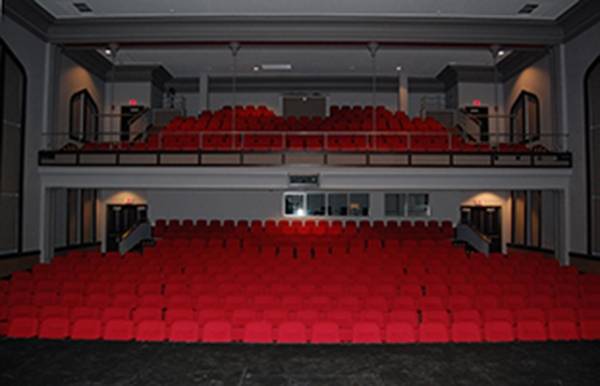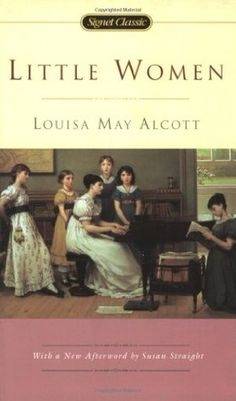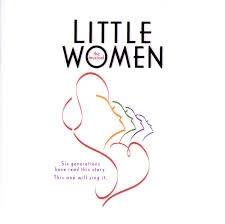Make no mistake, folks. By and large, the performing arts are in jeopardy. Ill-advised politicians, too many school administrators, and even some parents support program cuts in the arts in many communities across the country, preferring instead to invest time and money in the all-powerful standardized test. As both a teacher and as a member of the arts community, this makes no sense to me, as the illusive critical thinking skills their standardized tests want so desperately are taught through the creative process, and it’s also been proven that involvement in the arts can improve everything from math and science skills to social and public relations skills.
Add to these educational and budgetary concerns our younger generation’s increasing isolation due to the solitary pursuits of social media and techno-produced entertainment (and their lack of exposure to live performances that have not been digitized into mechanical perfection) and you have young people rarely exposed to the joys of live performance. The result on the Arts, as a medium, is shrinking audiences and the frustrating task of choosing works to attract a younger demographic made passive by both their pastimes and an educational system that increasingly emphasizes a trade-school mentality over producing a cultured and thoughtful citizen. We need to encourage our youth to embrace both the process of artistic creativity and the pleasure of being in an audience, but we are sometimes at a loss as to how we can do this.

Though this all sounds a little depressing, there is still hope! The performing arts are alive and well in our community, and many students in the Champaign-Urbana area are still participating and enjoying their efforts in many of the schools in the C-U area. One of those schools, Urbana High School, has recently been selected to showcase their production of the critically-acclaimed but still little-known musical, Little Women (with a book by Allan Knee and lyrics by Mindi Dickstein, and music by Jason Howland) at the Illinois High School Theatre Festival, January 8-10. It is the second time in two years that UHS Theatre has earned this honor, and this is largely due to the efforts of director of theatre Tim Broeker and the support of both the Urbana school district and its community. Broeker referred to the show in the school’s press release as one of the “best-kept secrets of Broadway” and states, “This adaption brings the classic story to life with some of the most colorful and beautiful orchestrations and lyrics.” The music is challenging, he added, but the level of vocal talent currently in his theatre program made this the year “to pull off the show.”
 The press release also notes that, with a cast of only 11, the production doesn’t lean on large ensemble numbers for momentum and energy. Instead, strong vocals and character development carry the show, stirring real emotion. UHS Senior Caitlin Elliott—who plays the lead role of Jo March—said that, when the show ran in early November, real tears were shed on stage and in the audience. “We go through such a range of emotion in this show—sometimes we would come off the stage from a scene crying,” Elliott said, pointing to “the beauty of the writing” and the cast’s character development work as keys to that emotional outpouring. “We had the luxury of a small cast, which allowed us to devote a lot of time to character development—there are so many strong character personalities in the show,” she continued. “It was also important to really examine each of the relationships between the characters. The energy on stage makes up for not having a huge ensemble.”
The press release also notes that, with a cast of only 11, the production doesn’t lean on large ensemble numbers for momentum and energy. Instead, strong vocals and character development carry the show, stirring real emotion. UHS Senior Caitlin Elliott—who plays the lead role of Jo March—said that, when the show ran in early November, real tears were shed on stage and in the audience. “We go through such a range of emotion in this show—sometimes we would come off the stage from a scene crying,” Elliott said, pointing to “the beauty of the writing” and the cast’s character development work as keys to that emotional outpouring. “We had the luxury of a small cast, which allowed us to devote a lot of time to character development—there are so many strong character personalities in the show,” she continued. “It was also important to really examine each of the relationships between the characters. The energy on stage makes up for not having a huge ensemble.”
I recently had the privilege of virtually chatting with director Tim Broeker about his program and his school’s award-winning efforts.
———
SP: How did you decide upon mounting Little Women this year? What attracted you, as a director, to this project?
Tim Broeker: Little Women is a classic tale, and some peers and I once had the opportunity to see the show (which we had never heard of or known about). We were hesitant and thought about not attending, but being adventurous as we are, decided to give it a shot. The show was phenomenal, and what struck me the most is the music. The orchestrations are beautiful, and the lyrics are more in sync with the book than I’ve ever seen a musical be. Lots of productions can have the element of the cheesy “let’s pause for a song,” whereas this show, as such a constant flow of an ever-moving plot, is only assisted in progression by the lyrics to the songs. I immediately knew that I wanted to mount this production some day!
SP: What is unique about your production from other productions of this musical our readers may have seen?
 Broeker: What I’ve found through this process is that most people are in the same boat I was about 6 years ago. They heard we’re doing it, are hesitant, but give it a try and come out pleasantly surprised! I haven’t spoken to an audience member yet who has seen the show before! Now, I’m sure there will be participants at the Theatre Festival who have seen it, so what I think makes our production unique is the staging. As I mentioned, from the start the music is what struck me the most about this show, and what brought it alive. So I made it my goal in designing the show to put the music at the heart of everything. We put the orchestra on stage toward the back and put a scrim in front of them. Through the use of unique and strategic lighting, you can always see the musicians’ shadows looming in the background. It really paints a beautiful picture and shows the importance of the music to the show. Then, the rest of the set is done very minimally with pieces such as couches, a free-standing staircase and such to signify the spaces in which the story takes place.
Broeker: What I’ve found through this process is that most people are in the same boat I was about 6 years ago. They heard we’re doing it, are hesitant, but give it a try and come out pleasantly surprised! I haven’t spoken to an audience member yet who has seen the show before! Now, I’m sure there will be participants at the Theatre Festival who have seen it, so what I think makes our production unique is the staging. As I mentioned, from the start the music is what struck me the most about this show, and what brought it alive. So I made it my goal in designing the show to put the music at the heart of everything. We put the orchestra on stage toward the back and put a scrim in front of them. Through the use of unique and strategic lighting, you can always see the musicians’ shadows looming in the background. It really paints a beautiful picture and shows the importance of the music to the show. Then, the rest of the set is done very minimally with pieces such as couches, a free-standing staircase and such to signify the spaces in which the story takes place.
SP: How do you think Little Women resonates with your students as a learning experience?
Broeker: This production has been a learning experience for the students because it’s a large-scale musical with a small cast, which is something that most high school students don’t get experience with. Working without a chorus of extras has really made the students have to step up to the challenge to cover all of the music independently. The story itself also resonates with them when thinking about how women’s rights have evolved and, similarly so, how they still have room to grow. The time period of the show—during the Civil War—has also given students much room to be a part of the rich history they’ve been studying. They know a little bit more about the time.
SP: You are still relatively early in your career at Urbana High. What have you learned to do or not do in future productions based upon this experience?
Broeker: This is actually my fifth year at Urbana High School and 8th production there. It was a risk to choose a show that was lesser-known and had such a small cast, but still was extremely challenging in musical style; but, if the process has taught me anything, it’s that having high expectations for my students and challenging them is the best thing I can do, because they always come out on top, excelling and going above and beyond all of the expectations I have; and in the end, we’re all better for the experience we’ve had.








